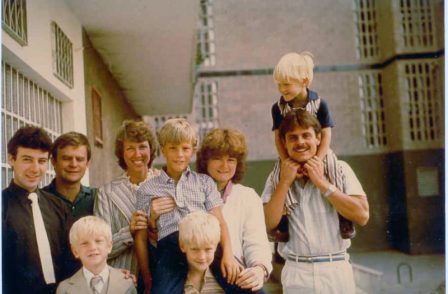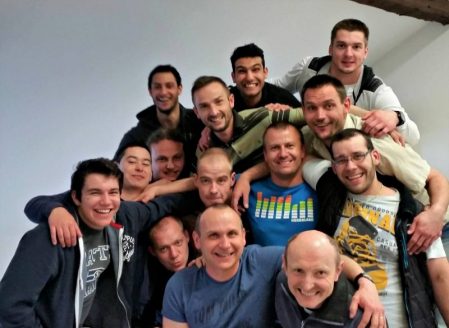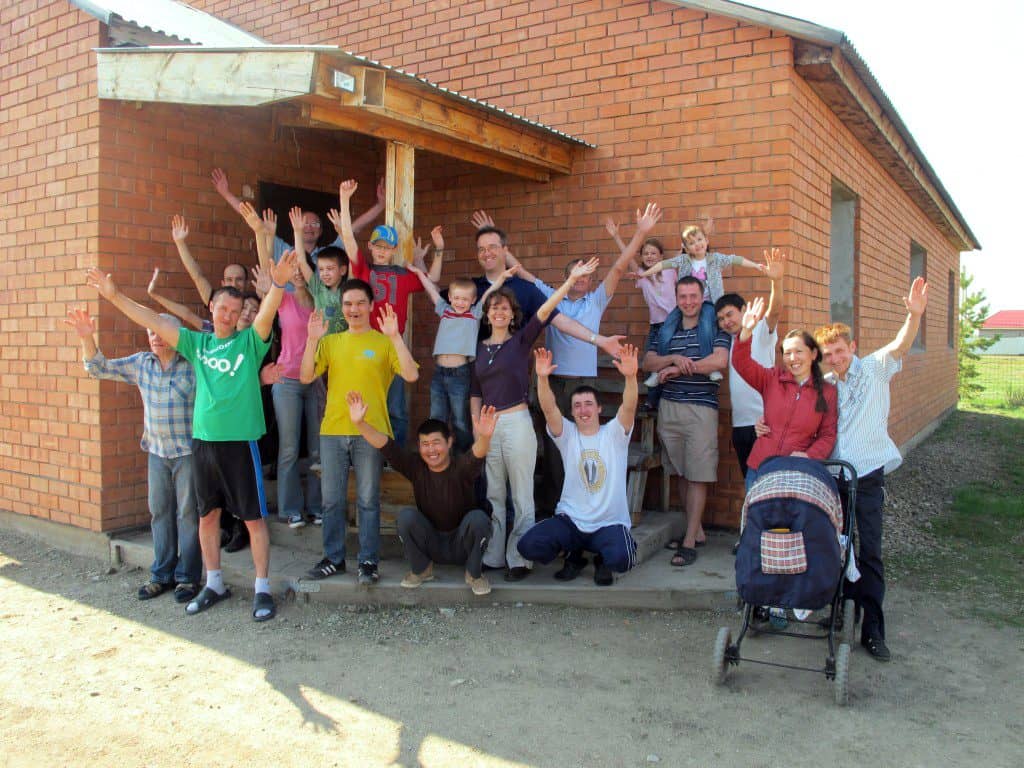What we do
Betel’s mission is to bring long-term freedom and restoration to lives broken by drug and alcohol abuse. We accomplish this by building values, skills and character through living, working and worshipping together in a caring Christian community. Our centres for men and women are free-of-charge, operate no waiting lists, and are run by people that have experienced freedom from addiction themselves.
Our end goal is to help people not only escape addiction, but become productive, trustworthy men and women of character when they leave our community.
Our Story
Betel began in Spain in the inner city barrio of San Blas, Madrid almost three decades ago when a small group of WEC International missionaries began to care for the needs of a few drug addicts and marginalized people. Today its program and communities can be found in over 100 urban areas in 24 nations. While each Betel community has developed its own identity and personal approach in applying the Betel program to the needs of their people, Betel worldwide embraces the same principles and shares a common ethos.

Betel founders
Our Values
Betel’s ethos is founded in historic, mainstream Christianity. Thus, we put our emphasis in the restoration of personality that is found in the Everlasting Gospel. We believe that we are following in 2,000 years of Christian tradition and practice where the Christian Community has been a leader in providing charitable services that bring healing and enrichment to society.
Betel belongs and relates to various Christian alliances in most of the countries where we labor. As Betel was founded by WEC missionaries it remains fraternally related to the WEC International missionary society. Betel is also a founding member of the ISAAC (the International Substance Abuse and Addiction Coalition).
We also receive added assistance from such respected secular organizations as the Bournville Village Trust, Aston Reinvestment Trust, The Charities Aid foundation, The TRIODOS Bank, Proyecto Trust, The Frist Fruits Foundation, and many other institutions. We have also signed agreements of collaboration with various local, regional, and state governmental institutions.

Betel Czech Republic
